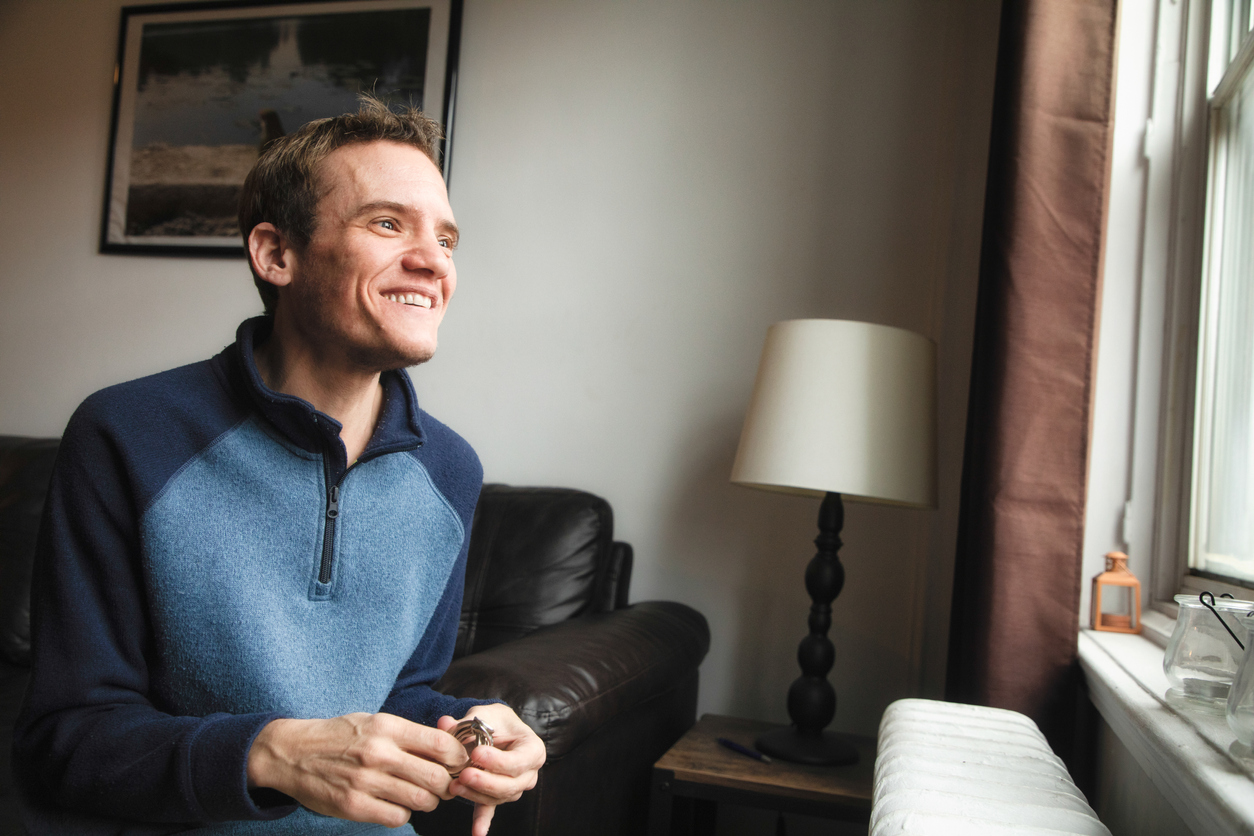You’re standing in a group, someone tells a joke, everyone laughs but you’re still trying to catch up. By the time you think of something to say, the topic has already moved on.
You’re not alone. Many autistic adults experience this too. The good news is social confidence can grow with steady, genuine effort. At Lotus NDIS Gold Coast, our community programs offer safe and welcoming spaces for those navigating autism in adults.
Let’s explore a few simple ways autistic adults can improve their social confidence in daily life!
What does it mean to be an autistic adult?
Autism diagnoses among adults, especially young adults aged 26 to 34 have risen sharply in recent years. From 2011 to 2022, diagnosis rates in this age group jumped 450%, showing that many were undiagnosed in childhood and only identified later in life.
Autism spectrum disorder (ASD) is a neurodevelopmental condition that shapes how someone experiences the world from communication and connection to how they understand daily life.
Autism in adults is lifelong. Though often linked to childhood, many only start to understand themselves better much later. For autistic adults, this can mean interacting with the world a little differently: speaking more directly, thinking in detail or finding comfort in routine.
Autism doesn’t mean something is “wrong.” Every autistic adult has their own way of being and that deserves understanding, not fixing.
Challenges autistic adults face with social connections
Autistic adults can improve social connection with the right support. Here are some common challenges they may face:
- Hard to read social signals: Things like eye contact, tone of voice or facial expressions can be tricky. Autistic adults may not always know what someone really means, which makes conversations feel confusing.
- Difficult to start or keep a conversation going: Knowing when to speak, what to say or how to keep a chat flowing isn’t always clear. Some may feel stuck or unsure how to join in.
- Overwhelmed by noisy or crowded places: Loud sounds, bright lights or too many people can feel like too much, making it more difficult to enjoy social events.
- Feeling tired after social time: Autistic adults often need quiet time alone to rest, which can make it harder to stay social.
- Saying things too directly: Some autistic adults speak in a clear and honest way, which can be misunderstood by others as rude even when they don’t mean it.
Supportive strategies for autistic adults to build social confidence
Here are some simple and supportive strategies that can help autistic adults to build social confidence gently.
- Start with what feels safe: If big social events feel overwhelming, begin with smaller ones like chatting with a neighbour or visiting a quiet café. Think of it as warming up before the real workout. One familiar place, one friendly face at a time.
- Build routines that leave room for connection: Try adding small changes to your week like visiting a new spot, attending a hobby group or planning time to talk with someone you trust.
- Practice small talk (with support and help): You can even find someone you trust to help with practicing small talk. Practicing a few simple lines like “How was your weekend?” or “What are you reading lately?” can make it easier to break the ice and find real connection.
- Find groups that share your interests: Whether it’s drawing, gaming, cooking, or nature walks, joining a group with a shared hobby can help conversations happen more naturally.
- Celebrate every small win: Just saying hello first or staying five minutes longer at a group activity is a big move. Confidence builds from noticing what you can do, not what you haven’t done yet.
- Learn to say “yes”… and also “no”: Saying “no” to something that feels too much and offering an alternative helps you stay in charge of your social comfort zone.
- Be kind to yourself: This is the most important note. What matters is that you’re trying, in your own way.
4 tips for autistics adults to manage social anxiety
Plus, we know that social anxiety can make it hard to start conversations or connect with others but small, simple steps can help ease the pressure.
- Join interest-based groups: It’s easier to start conversations when you share common hobbies.
- Use open-ended questions: Try asking “What do you think about…?” to keep the chat going.
- Practice positive thinking: Remind yourself that most people mean well, it helps reduce anxiety.
- Set realistic expectations: Not every conversation leads to friendship, and that’s okay.
At Lotus NDIS Gold Coast, you can take part in meaningful activities together and grow at their own pace. Building real social connections isn’t just possible, it can even feel joyful too!








